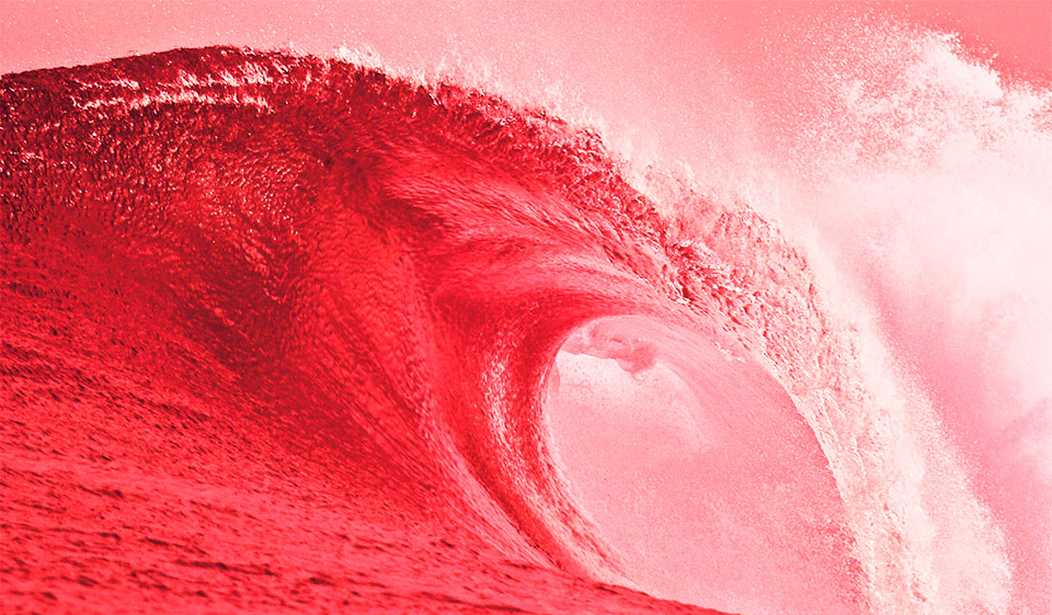In my younger days, I sold advertising over the phone to make ends meet. We had a very good training program, dissecting the elements of a sale from beginning to end.
Especially the end. At the end of a sales pitch, the salesman was supposed to “close” the sale by asking for a decision from the buyer. It was a critical moment, and no matter how tempting it might have been for the salesman to open his mouth and keep pitching, the book said to keep your mouth shut until the buyer made a definitive choice.
We were supposed to close three times before giving up. But I found that after the second close, a buyer was more likely to hit you in your chops than say “yes.”
With a week to go until election day, Republicans are in the closing zone. This is a time of maximum opportunity for the GOP. Obviously, they’re not going to stop trying to close the deal with voters. But there is a case to be made for letting circumstances dictate the final pitch. Voters get it. And a simple framing of the choice this last week will probably bring about the red wave that’s been promised.
“Are you better off today than you were four years ago?” asked Ronald Reagan in 1980 in the most devastating and effective close in political history. Something as simple as framing the vote in those terms might put Republicans over the top.
The GOP’s House majority is assured. The Senate is still in doubt, but now it’s the Democrats who are fretting. Vulnerable GOP seats in Ohio and Pennsylvania are looking much better while Democrats in Arizona and Georgia are falling back.
It’s no secret why this is happening.
The shift in preference for the GOP comes as views of the economy have turned more dour than at any point in the past year. Only 19% say the economy is headed in the right direction, down 11 percentage points from August, while 71% say the economy is on the wrong track.
Voters lack confidence in President Biden’s economic leadership, with only 27% saying his policies have had a positive impact on the economy and 54% saying they have had a negative impact. A majority of voters—55%—disapprove of Mr. Biden’s overall job performance, compared with 43% who approve.
For more than six months, Democrats tried every distraction they could think of to keep voters’ attention off the economy. Even with the Dobbs abortion decision energizing their base, it wasn’t enough. Now, the WSJ poll shows that abortion rights are less important in voting decisions than voters indicated in the summer.
“The focus on the economic stuff, particularly inflation, is helpful to the GOP headed into the final stretch,” said Republican pollster Tony Fabrizio, who conducted the survey with Democratic pollster John Anzalone. Even more helpful is the fact that it’s easy to grasp the shorthand for the economy: high prices at the pump and on grocery shelves. This is the kind of thing that eats at voters and makes them fearful. It also makes them angry and Republicans have been good at directing voters where and on whom they should take out their anger.
Mr. Anzalone said the most concerning matter for Democrats is that independent voters don’t trust the party to handle rising prices. Whichever party is in power, he said, finds that independent voters “break against the party when you have economic diagnostics like we’re seeing. End of story, done.” He added, “Voters trust the Republicans on that, right now. That’s tough sledding for us.”
History shows that undecided and “soft” voters will generally break hard against the party in power. My sense is that a lot of that Democratic support in the Senate races is “soft,” and when the time comes to vote, if Republicans have made an effective close, those “toss-up” races will go GOP.










